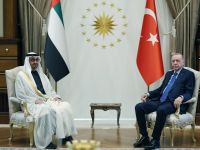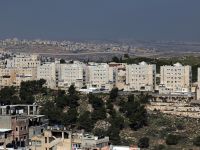Lebanon is a democratic republic with a parliamentary system of government. Confessional groups and traditionally powerful clans dominate Lebanese politics. An informal system of power sharing among Lebanon's officially recognized religious groups pervades all aspects of civil society.
The Prime Minister, nominated by the president in mandatory consultation with the speaker of the Chamber of Deputies, is subject to the Chamber's vote of confidence. Lebanon has universal adult suffrage, and voters elect 128 representatives for a four-year term. The Chamber is made up of an equal number of Christians and Muslims.
Since the end of the Lebanese civil war in 1990, the government has consolidated its authority in many parts of the country. Some militias, including Hizballah and its allies in the south, have not yet been disarmed however.
Judiciary
The Lebanese legal system is a mixture of Ottoman Law, Canon Law, the Napoleonic Code and Civil Law. There are four courts of cassation in the country; three that deal with civil and commercial disputes and one with criminal matters. There is also a judicial review of legislative action in Lebanon.
© 2000 Mena Report (www.menareport.com)







